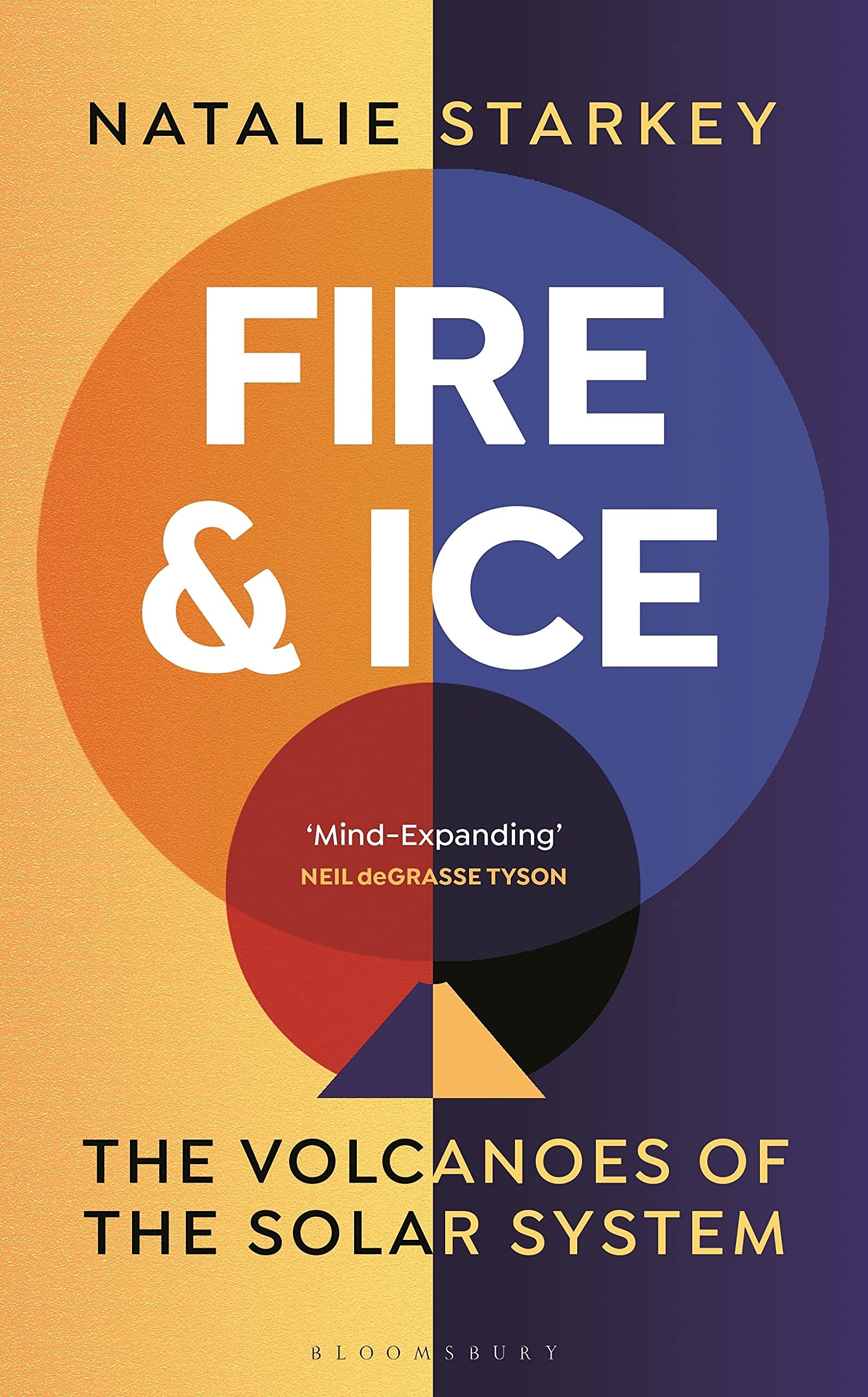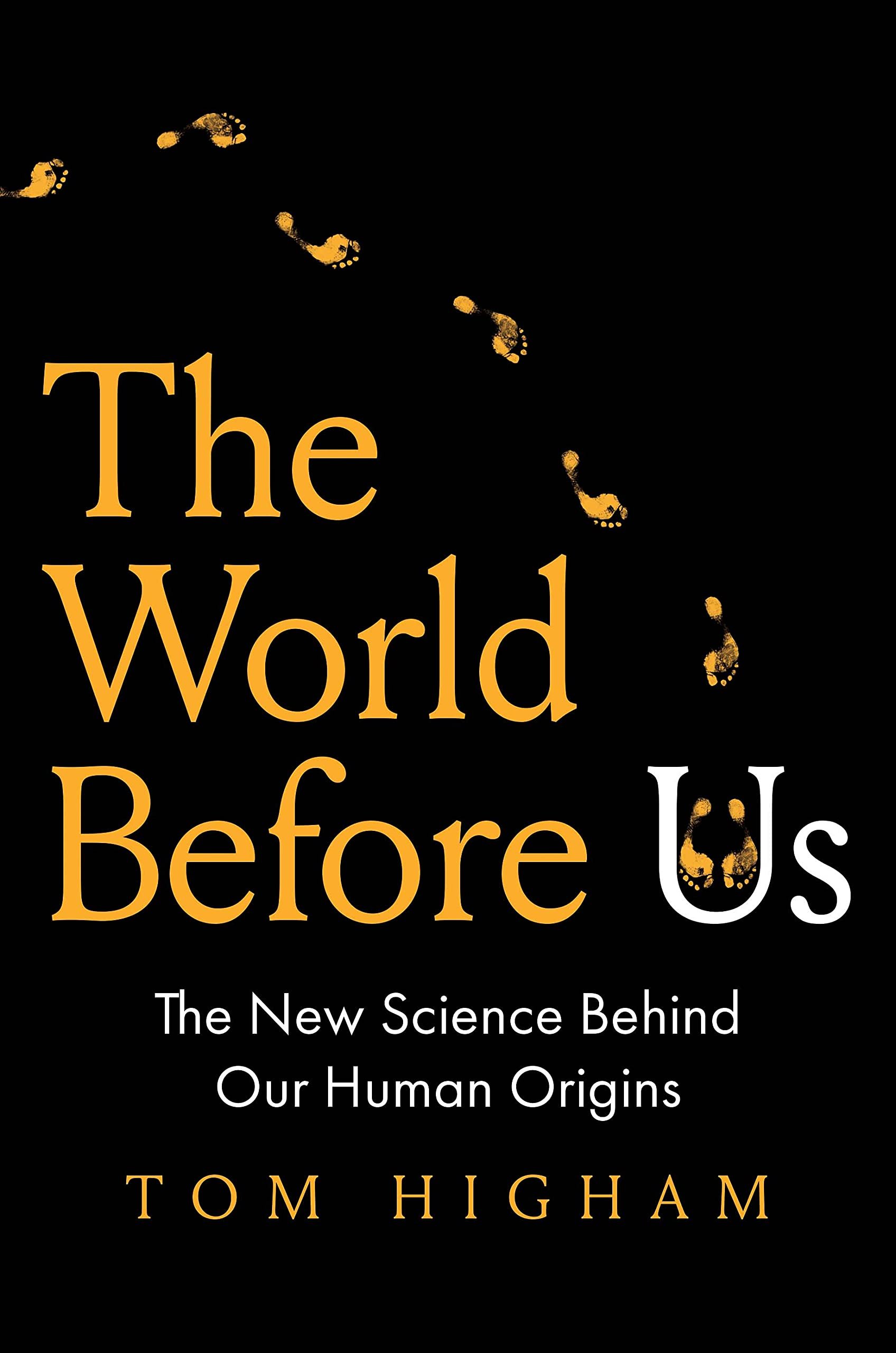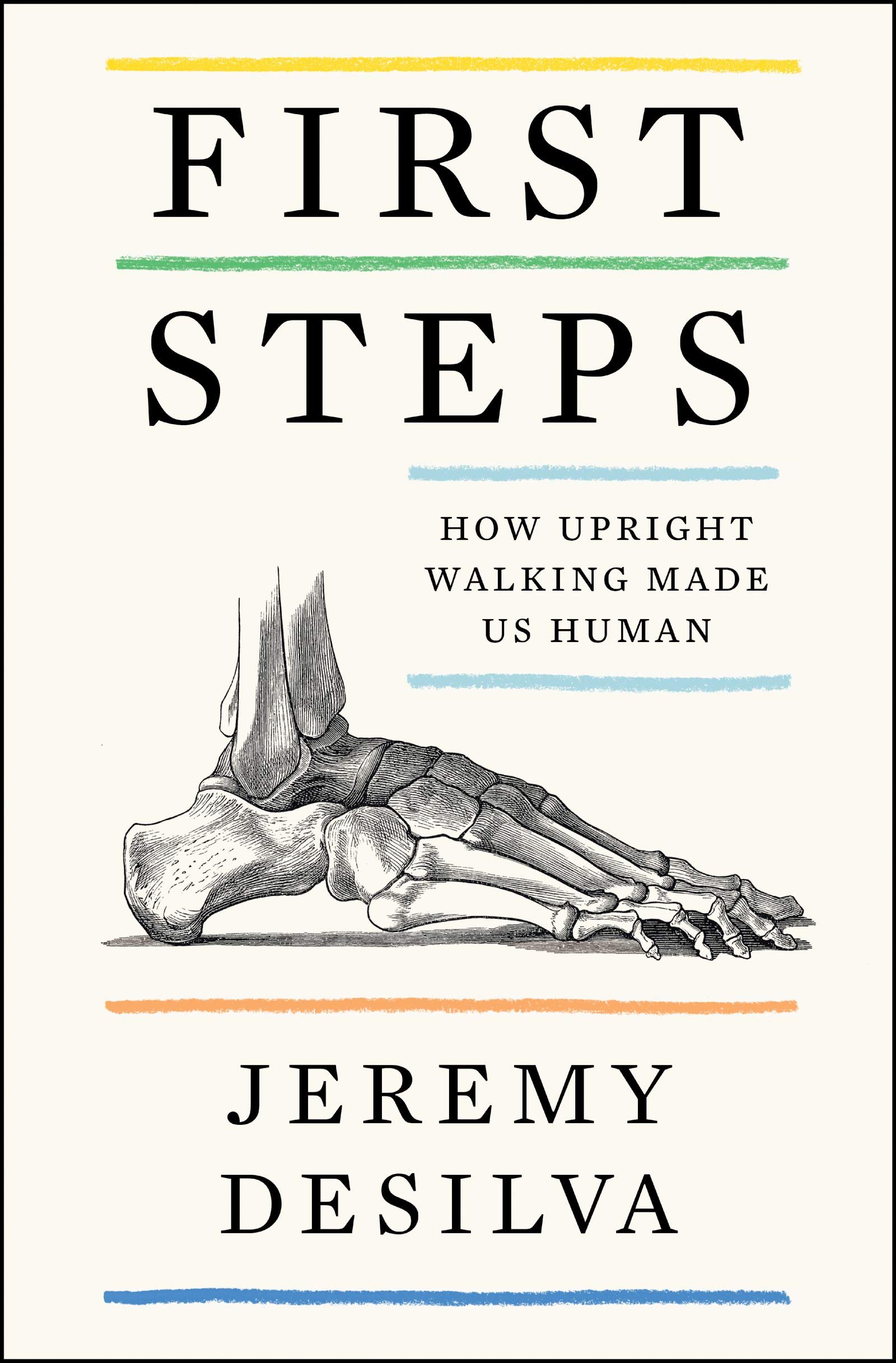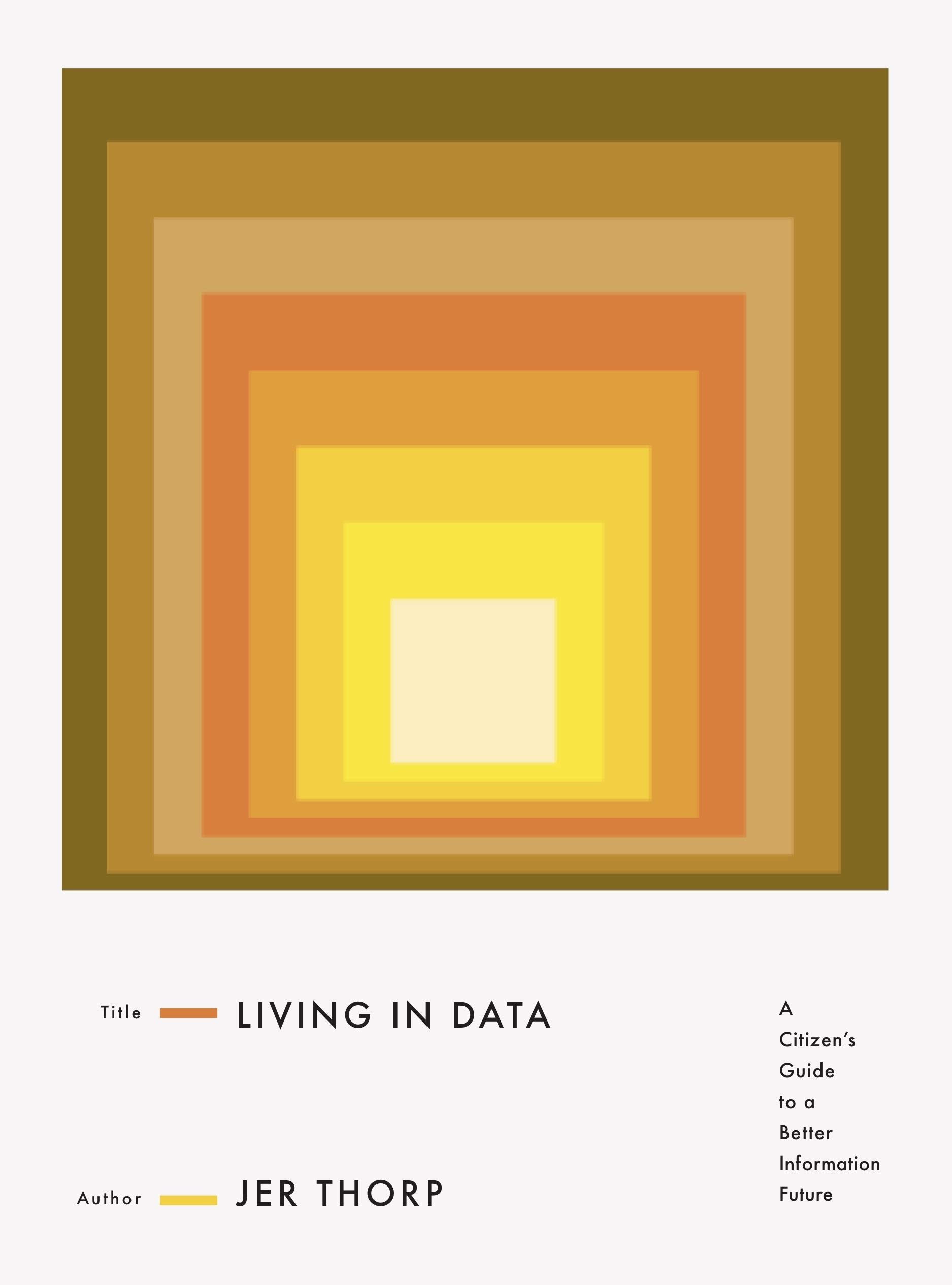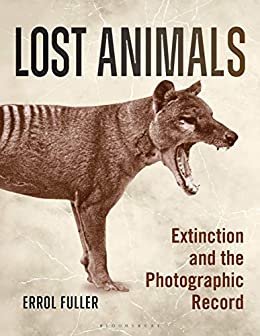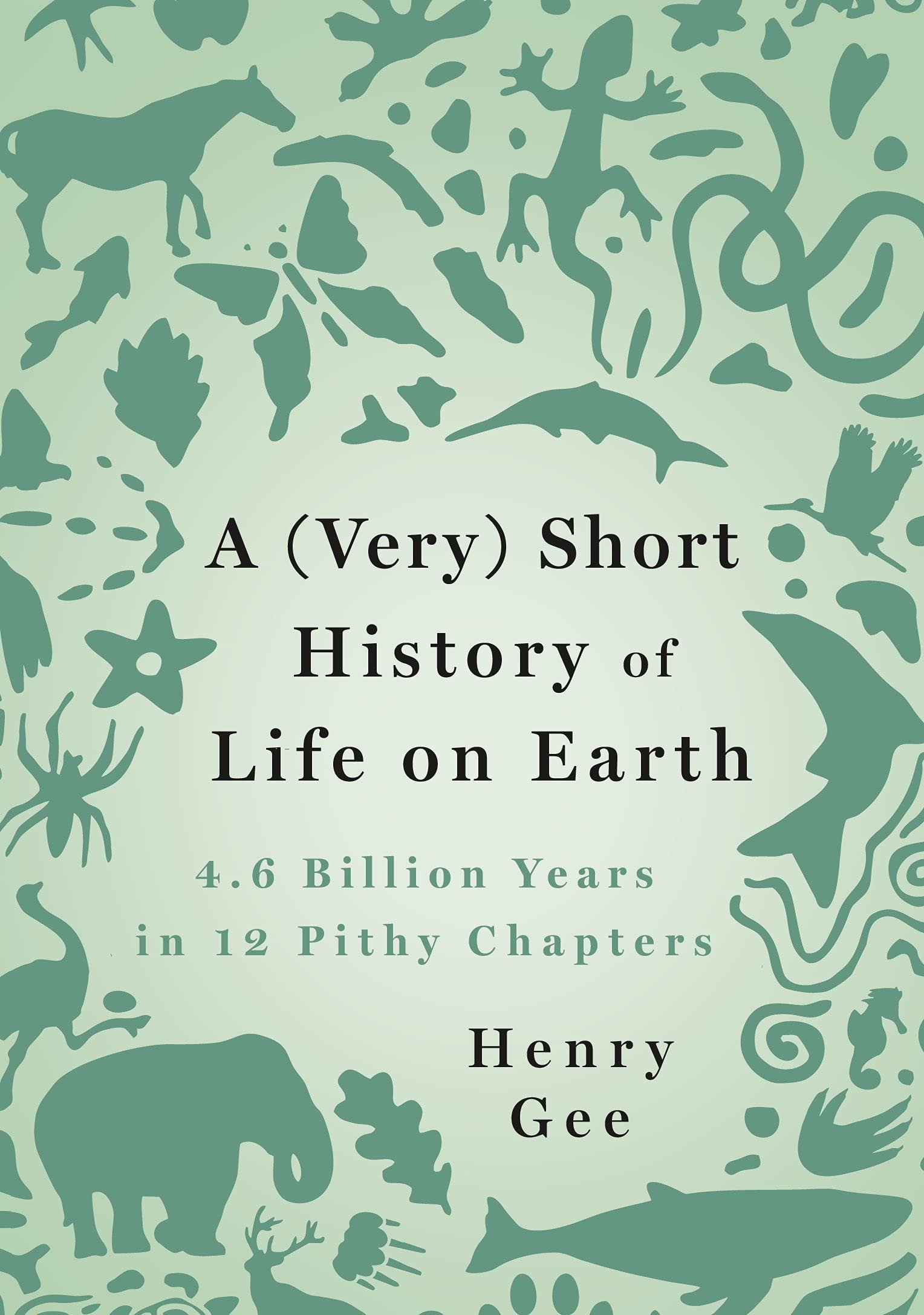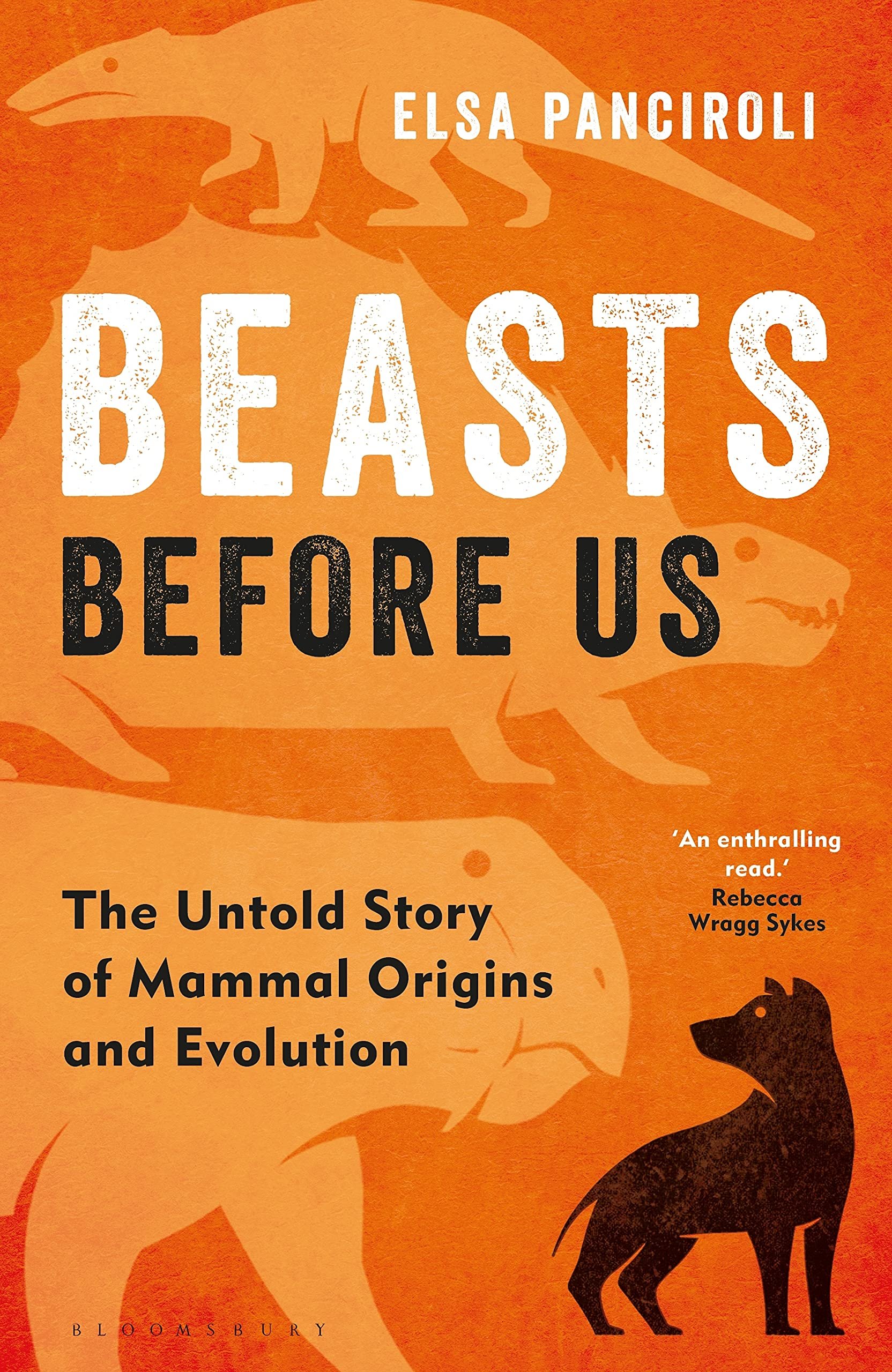The Best Books of 2021: Science
/In the last few years, there were times when science seemed to be only a harbinger of woe, a diagnostic of doom. But in 2021 science distributed a miraculous vaccine (that one-half of the adult US population doesn’t trust) to combat a rampaging new viral infection (that one-half of the adult US population doesn’t believe exists), and this upped the profile of the whole discipline in my eyes - suddenly I could look at new science titles in all fields without feeling quite like I was being taunted. And the crop of those new science titles had plenty of terrific items among the dross. These were the best of them:
10 Fire and Ice: The Volcanoes of the Solar System by Natalie Starkey (Bloomsbury) - Volcanoes are fascinating enough all by themselves, the terrestrial variety that periodically make the news. Natalie Starkey’s fantastic book takes that fascination to all the other geologically active worlds in Earth’s solar system.
9 The World Before Us: The New Science of Our Human Origins by Tom Higham (Yale University Press) - Tom Higham very engagingly reviews the latest anthropological findings on the flourishings and failings of many different human species in the complicated situations that give rise to the sole planetary domination of Homo sapiens.
8 Immune: A Journey into the Mysterious System That Keeps You Alive by Philipp Dettmer (Random House) - This elaborately illustrated book examines a biological miracle most people take for granted, even though it saves their lives on a daily basis: their immune system in all its multifaceted and almost unfathomably complex glory.
7 Dinosaurs: New Visions of a Lost World by Michael Benton (Thames & Hudson) – The author of Dinosaurs Rediscovered returns to this list with his latest and wonderfully-illustrated book on just how unfamiliar even the most familiar dinosaurs probably were - in their evolution, in their behavior, and especially in their appearance.
6 First Steps: How Walking Upright Made Us Human by Jeremy DeSilva (Harper) - Popular science writing doesn’t get much smarter or more energetic than this terrific book by Jeremy DeSilva on the evolution of human bipedalism and its at times surprisingly enormous legacy for the species.
5 Living in Data: A Citizen’s Guide to a Better Information Future by Jer Thorp (MCD) - Jer Thorp’s sprawling portrait of just how pervasive and all-powerful data has become in the 21st century is intentionally weird and often counter-intuitive in its far-reaching applications, and that just makes it more fascinating (and inadvertently alarming).
4 Lost Animals: Extinction and the Photographic Record by Erroll Fuller (Princeton University Press) - This well-designed book is every bit as beautiful as it is brutal: page after page of photographs of the last members of their species. The pictures are accompanied by evocative text - and act as a subtle reminder that we’re currently living in an era of extinction.
3 A (very) Short History of Life on Earth by Henry Gee (St. Martin’s Press) – This deceptively brief overview of life’s development and evolution has a powerful cumulative effect that would probably have been very much lessened if it had unfolded at greater length, since whole epochs of life - including our own - flit by with disconcerting speed.
2 Jungle: How the Tropical Rain Forests Shaped the World - and Us by Patrick Roberts (Basic Books) - In this interestingly iconoclastic book, Patrick Roberts places rainforests squarely at the center of not only human evolution but the spread and dominance of the dinosaurs, with a hundred intriguing digressions along the way.
1 Beasts Before Us: The Untold Story of Mammal Origins and Evolution by Elsa Panciroli (Bloomsbury) - This, the completely enthralling best science title of the year, draws a wide-ranging and in-depth portrait of a group of animals most of Elsa Panciroli’s readers have likely never heard of: the synapsids in all their beguiling variety.


